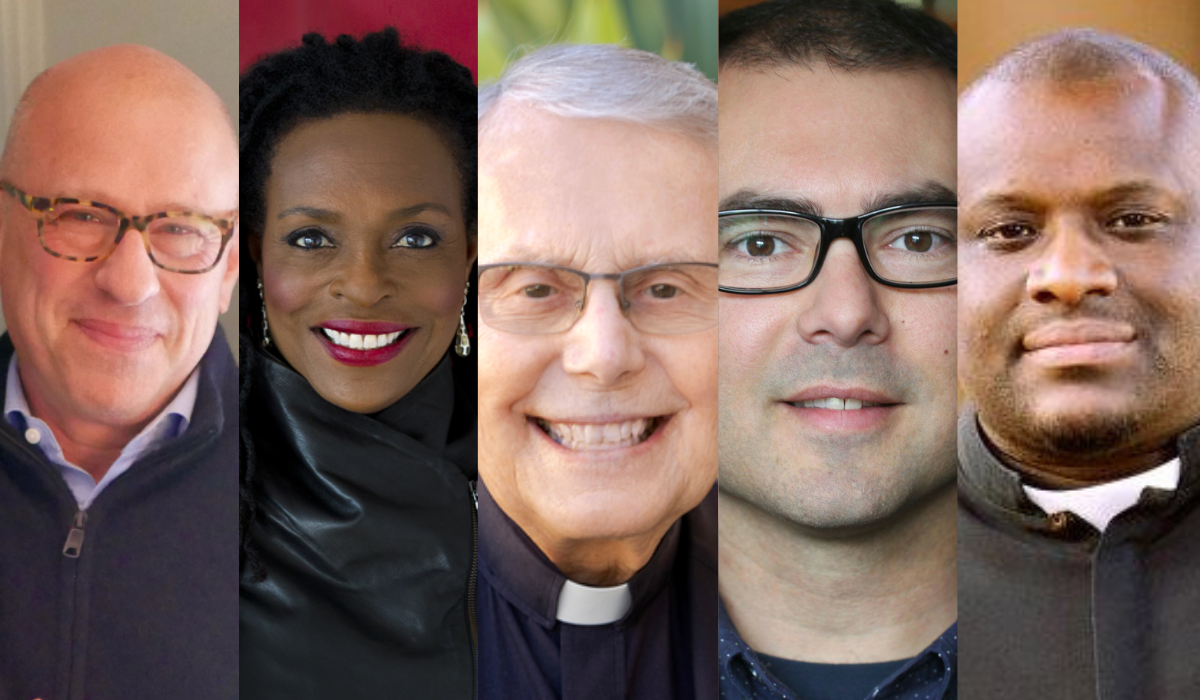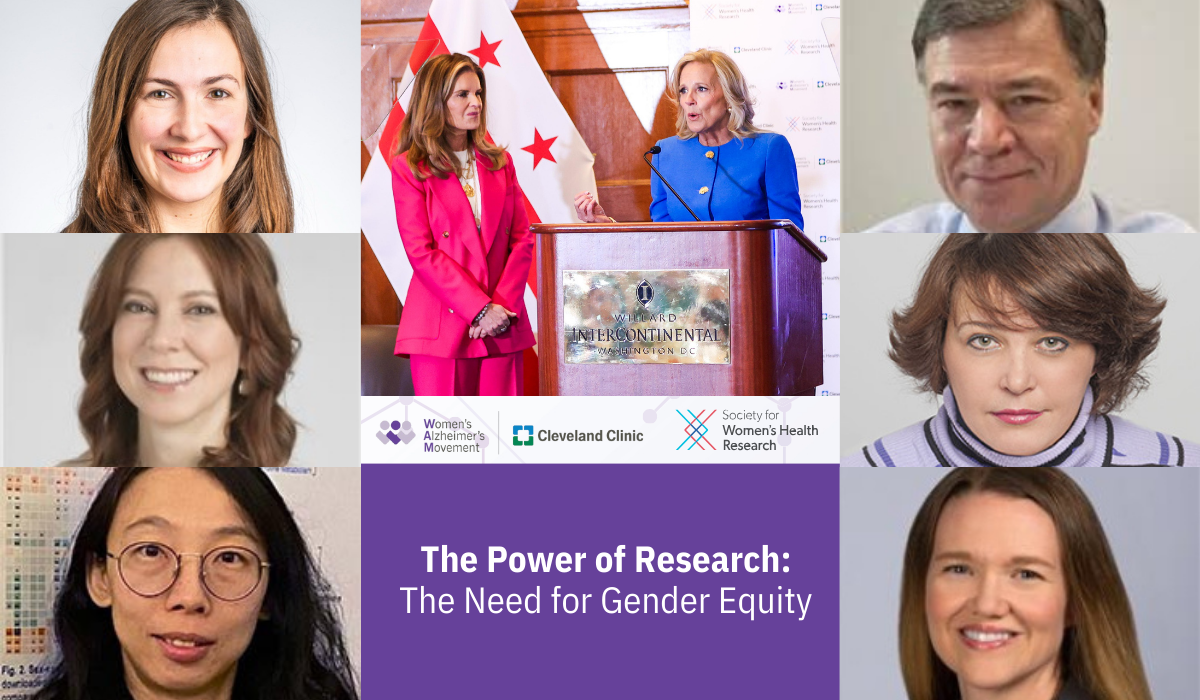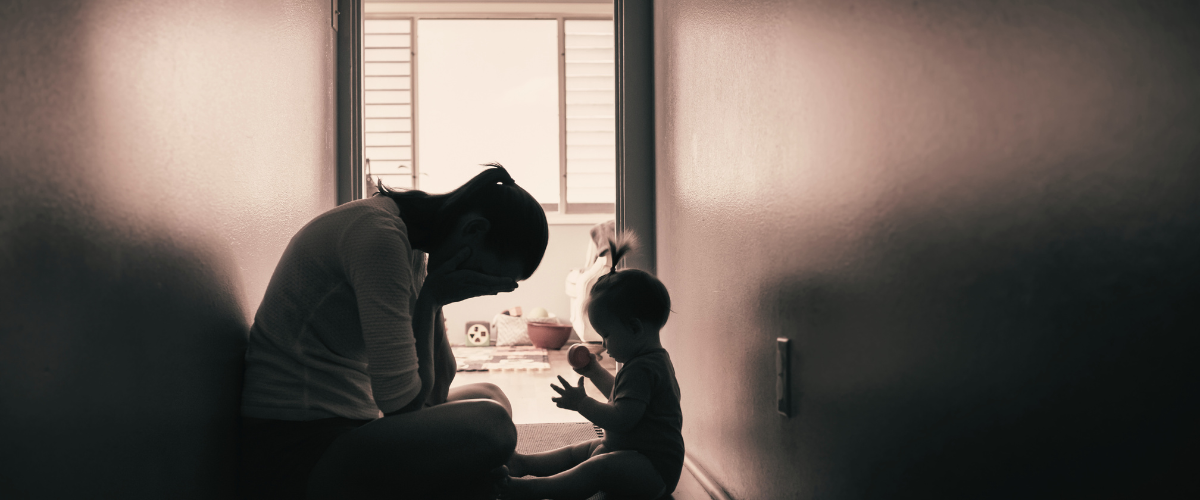Finding it Tough to Feel Hopeful? 5 Spiritual Leaders on Why Easter, Passover, and Ramadan are Beautiful Reminders to Rise Above the Noise
Today, Easter falls at the same time as Passover and Ramadan—an event that happens just three times in a century. Muslims are midway through their month-long observance of Ramadan, during which they purify their intentions, words, and actions with the intention to get closer to their faith and to Allah. During the feast of Passover, Jews celebrate their liberation from slavery. And on Easter, Christians celebrate the resurrection of Jesus Christ.
There’s no question these celebrations and religions are different. However, there are similarities that deserve to be honored, says Monsignor Lloyd Torgerson of Saint Monica's Catholic Church in Santa Monica, Calif. “The overlap of these holidays is a beautiful reminder that no matter what someone’s tradition or how they find their God, we’re all part of this great gift of being loved by our God,” Msgr. Torgerson told The Sunday Paper. “If God loves all of us, we must love each other. If someone belongs to God, they belong to us.”
We spoke with Msgr. Torgerson this past week, as well as with Rabbi Steve Leder, Reverend Jacqueline Lewis, Pastor Mike McBride, and Imam Jihad Turk, and asked each the same questions: What do your religion and this holiday teach us about hope? And what would you like all of us to remember about the power of hope and love, even when it’s tough to find in dark times?
Read on for their inspiring answers.
Monsignor Lloyd Torgerson
Pastor at Saint Monica’s Catholic church in Santa Monica
I’ve been thinking a lot about the agony in the garden. When something is pending—some danger, some very difficult thing—we spend time what-iffing, wondering, What will it be like? I believe our Lord went through that what-iffing in the garden. I think he was utterly alone, abandoned by his friends, and he saw this impending death that was to come. And it brought him to his knees; it caused such utter conflict and loneliness in him. That’s where we begin this great story of Easter Sunday—with a savior who was feeling incredible loneliness and what-iffing about what would take place.
He didn’t want to die. He asked his Father to take this cup of suffering away from him. But then, he surrendered to his father, saying “Not my will, but yours be done.” Essentially, he was saying, “Whatever you will, I’m willing to go through it.” That was the moment he surrendered his life. Then he received the great promise of new life, of resurrection, and he brought that to his disciples. In fact, he didn’t only bring it to them; he asked them to share it—to tell the world that he went through this passion and death, but He is risen. That is the promise given not just to him, but to each one of us.
Easter Sunday is about hope. Easter Sunday is the great promise of the risen Lord. Easter Sunday is about new life—a new life that came out of our Lord’s experience of darkness, aloneness, and struggle. Out of that struggle came this great gift of resurrection and hope for all of us. That is so essential. We don’t think of Easter without thinking of the great passion and death of our Lord, and especially the great struggle of the agony in the garden.
Rabbi Steve Leder
Senior Rabbi of Wilshire Boulevard Temple in Los Angeles and author of For You When I Am Gone
Do you know the joke about the Jewish optimist? The Jewish pessimist says, “Oh my God, things could not be worse.” And the Jewish optimist says, “Of course they could!”
As Jews, we like to say it’s in our DNA to look for the tunnel at the end of the light. And you can understand why, considering we’ve been kicked around the globe for thousands of years. But joking aside, the reality about Judaism is that it’s a faith built fundamentally on the foundation of hope.
Before Judaism, there was paganism. And the view of Paganism was that we are all just the current cast, reenacting a drama that’s been going on since humans began. Each generation is simply a new set of actors playing out the same narrative, the same drama. Existence is circular. What this means, if you have that world view, is that we don’t matter—and that change is not possible.
Then along comes Judaism, which says, No, existence is not circular. It’s not a repetitive drama in which human beings don’t matter and are essentially playthings of the gods. To the contrary, we’re part of a constant progression. Existence is linear. Meaning, we are not definitionally shackled to yesterday’s ways. We matter. And we can change the future with how we live in the present.
This, to me, is one of the two great ideas—great is not a great enough word—that Judaism brought to Western civilization. One, that we matter. And two, that we cannot have a better past, but we can have a better future. To me, this is a profound idea.
So, how does it relate to Passover and its messages of freedom and hope?
Well, if you’re merely the newest actor in an old drama, are you free? No. There are two kinds of freedom. Often, we just think of the first, which is the freedom from. Freedom from oppression. Freedom from this cyclical existence. But once you establish that you’re free from that, then you get to exercise freedom in a different way, which is freedom to. Freedom from oppression is freedom to change the world. It’s freedom to change yourself for the better, and to uplift others who are oppressed.
All of this is so hopeful. The Passover seder ends with us saying, “Next year in Jerusalem.” It’s a metaphorical Jerusalem. “Let us be free and at peace. Let the world be free and at peace.” We sing a song about the prophet Elijah, who was the harbinger of peace.
Judaism says we have agency; that we matter and what we do and don’t do matters. Passover celebrates the freedom of agency and challenges us to ask ourselves what we should do with that freedom to liberate others. Belief in our ability to make a difference is the most hopeful of all things.
Reverend Jacqueline Lewis
Senior minister in the Collegiate Church in New York City and author of Fierce Love
I’m a Christian clergy and Universalist clergy as well, and I believe God speaks many languages. I believe there’s a God, and that God is best described as love. Those who live in love live in God, and God lives in them.
I like to think about God’s tabernacles as a container of love. When the Jewish people were liberated from slavery in Egypt, they were on the move—and whenever they were on the move, they would build a tabernacle in which they could find the presence of God. They expected God to be in this tabernacle. This miraculous Holy One heard their cries, saw their suffering, delivered them out of bondage, and led them to a new home—and that presence was with them in that tabernacle.
As a Christian, I understand my faith is built upon the faith of a Rabbi. That story crosses my imagination and gives me hope. Hope that God is still listening when we say, “Here’s our suffering.” He sees us in turmoil and comes to us in these tabernacle spaces—these tabernacles of love. If we put ourselves in the container called love, God is there. Everywhere love is, God is there.
That, to me, is the synthesis of a Jewish and Christian hope. There is a presence of holy, kind, love just waiting and wanting to inhabit us, and wanting us to inhabit it.
In fact, all the world’s major religions have some sort of calling to love others as you love yourself. Islam says, Don’t withhold anything from anyone that you need for yourself. Christianity says, Do unto others as you’d have done unto you. The Sikh religion says, Don’t do anything to break anyone’s heart. How beautiful is that?
These religions are based on Ubuntu, an ancient philosophy that says, I am who I am because you are who you are. This philosophy says that in every human community, we’ve come to understand some way that we are interrelated, and that love will help us thrive.
When you tabernacle in love, love meets you. Whatever the language, every human—agnostic or atheist—understands the power of love.
Love, period. Everything else is commentary.
Pastor Mike McBride
Executive Director of the Live Free USA Network and Lead Pastor at The Way Church in Berkeley
The key to finding hope is to remind ourselves that we are all part of a story that is about progress. It is a story about inclusion. It is about expanding the possibility for the flourishing of all people. In this sacred season so many of our faith traditions, including my faith tradition of Easter, remind me that death does not have the final say. And the idea that death does not have the final say in an environment where sickness and illness and injustice are so ubiquitous is an important reminder. If we ever needed that reminder, we need that reminder at this time—and I draw hope from that.
To find this hope, I believe in cultural practices, religious practices, meditative practices, and somatic practices. These are all important responses to the ubiquitous presence of death in our culture. Too often we forget that hopelessness is as deadly as a bullet. We must resist the urge to be swept up in the throes of hopelessness and counteract the ubiquitous nature of death and hopelessness with concrete practices that fuel our hope, our imagination, and the beauty that we are constantly surrounded by. I have found too often that when I focus on that which is ugly, it obscures the presence of the beauty that surrounds me. I must make a choice to give myself breaks and reprieve and to go chase sunsets. Because, literally, a sunset happens every day.
We can make a choice to move into places and spaces of beauty. It’s important to allow in nature and creation, such as the beautiful gift of art in museums and music, and the sacred historical practices of faith and spirituality that have outlived all of us. I know it is popular to be post-religious in this day and age, but we must appreciate that there was something valuable about cultivating an image of the transcendent to remind us that we are not alone in the universe and in the world. These practices fuel our hope.
Imam Jihad Turk
Founding President of Bayan Islamic Graduate School
Islam is a religion centered around the existence of a loving God who is all-powerful and all-knowing, like Christianity and Judaism. Hope is at the heart of the entire faith. I would say the opposite of faith isn't disbelief, it’s despair. As long as you believe in a God who's benevolent, who is all-powerful and all-knowing, and good, we can trust that even though we face trials and tribulations, difficulties, heartache, and injustice, that is not a reason to despair. Rather, that is a challenge that God is laying before us as people to stand up and do the right thing in the face of all that is going so wrong.
We are encouraged to know that when we put beauty out into the world with our intention and with our hard work, it is recognized and perceived by the Almighty. It also helps us fulfill our potential as human beings by using our free choice in what God has planned for us by responding to difficulty with grace and sharing the blessings that we have with those who are less fortunate.
There’s an inner warmth and inner comfort that comes with trying your best to be good with God by being in service of others that kindles that internal flame of hope.
One teaching of Mohammed, in summary, that he taught his disciples is the following piece of wisdom: He said, for the true believer, no matter what he or she faces, it's all good. Because if one faces hardship, difficulty, trial and tribulation, then he or she expresses patience— patience filled with knowledge that what you're facing comes from God. And the question isn't why, but how—how do we respond in the right way? That's good for his or her soul. And if some good fortunes were to fall on the true believer, then gratitude is the response. And that's also good for his or her soul.
So really, what do we face in life other than good fortune or misfortune? The question, then, is are we responding with gratitude or with patience? If the answer is yes, that is ultimately good.
Question from the editors: What is giving you hope right now and how are you cultivating it? We'd love to know in the comments below.




